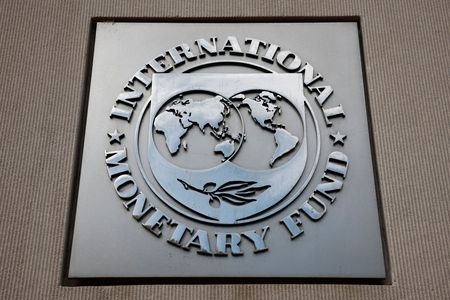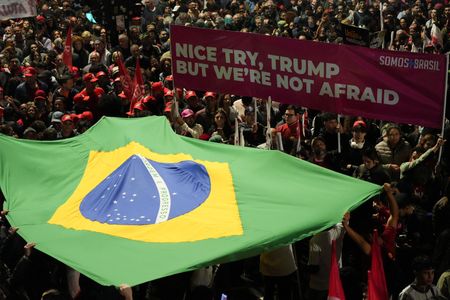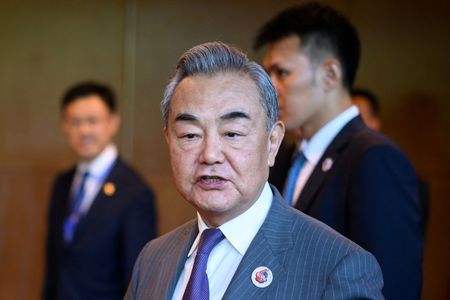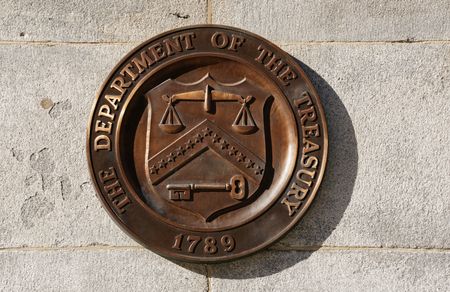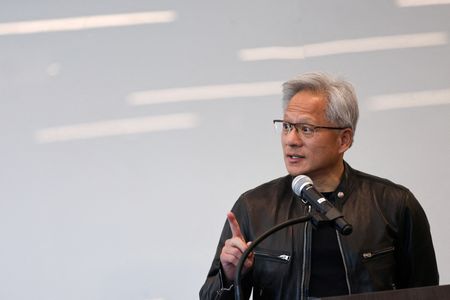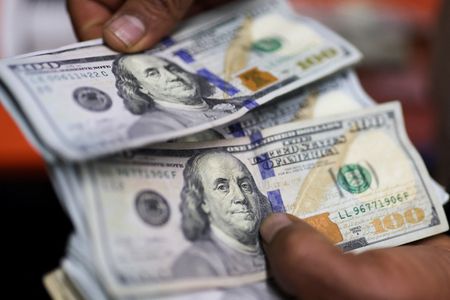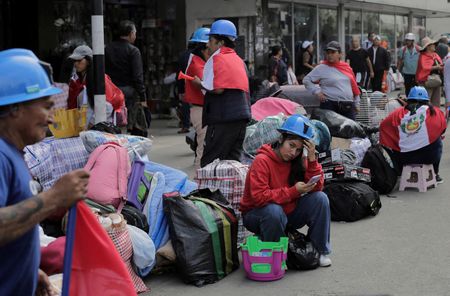By Andrea Shalal
WASHINGTON (Reuters) -The IMF said on Thursday it was closely monitoring the latest U.S. tariffs announcements, saying uncertainty about the global economic outlook remained high and urged countries to work constructively to facilitate a stable trade environment.
The IMF said it would offer more details when it releases an update to its April World Economic Outlook in late July, ahead of the new August 1 deadline for trade negotiations.
U.S. President Donald Trump on Wednesday expanded a global trade war with a new 50% tariff on U.S. copper imports and a 50% duty on goods from Brazil, both to start on August 1. He also announced higher tariffs for 21 other countries.
“Trade-related developments are evolving and uncertainty remains high,” an IMF spokesperson said in response to a query from Reuters. “Countries should continue to work constructively to facilitate a stable trade environment, and address shared challenges.”
Worries over future U.S. tariffs are clouding the outlook for factories across much of the United States, Asia and Europe, according to surveys released on Tuesday, although they showed some were able to shrug off the uncertainty and keep growing.
Analysts said the underlying softness in surveys highlights the challenges facing businesses and policymakers as they try to navigate Trump’s moves to shake up the global trade order.
Trump administration officials argue that tariffs imposed thus far have not fueled inflation, and say a tax-cut law approved last week will more than offset any temporary negative impact from the additional duties being imposed on trade.
The IMF in April slashed its growth forecasts for the United States, China and most countries, citing the impact of U.S. tariffs now at 100-year highs and warning that rising trade tensions would further slow growth.
Economic activity has increased since then amid stockpiling ahead of tariffs, and the U.S. and China have backed off steep reciprocal tariffs, which could point to a slight – if temporary – upward revision. Economists say uncertainty remains high and higher tariffs will bite harder in the second half of the year.
(Reporting by Andrea Shalal; editing by Diane Craft)

